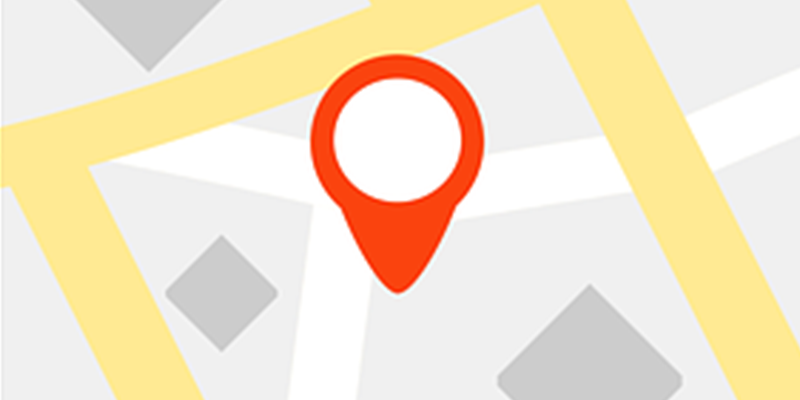Pregnant women
Visiting a dentist while pregnant is highly recommended for your own wellbeing and that of your unborn child.
Routine dental treatment is safe during pregnancy, although some procedures or medication should be avoided in the first 3 months, so be sure to tell your dentist you are pregnant.
Eat well
- Your growing baby's calcium demands are high so you should increase your own calcium consumption to compensate. Eat calcium-enriched foods such as dairy or soy alternatives.
- Eat a nutritious diet every day including fruits, vegetables, grains, beans and lean meats.
- Try not to eat too many sweet foods.
Clean Well
- Brush your teeth twice a day for 2 to 3 minutes.
- Aim the bristles of the toothbrush at a 45 degree angle, towards the gum line.
- Floss your teeth at least once a day.
- See tips on morning sickness, vomiting/acid reflux.
Drink well
- Drink lots of tap water, especially if fluoridated. Fluoride is added to tap water in most areas in Victoria and helps protect teeth against decay
- Drink non-sweetened dairy milk or calcium-fortified alternatives. Calcium is important for your baby's bones and teeth.
- Try not to drink too many sugary drinks.
Protect your unborn baby's health
It is important to keep teeth and gums healthy during and after pregnancy to:
- Stop gum disease that could lead to premature birth or a low birth weight baby.
- Stop transfer of decay-causing bacteria from you to your baby. Your child will be less likely to suffer early childhood decay.
Looking after your baby's oral health >>
Gum disease and pregnancy
Many women can develop gum disease during pregnancy because of natural hormonal changes in the body. If gum disease becomes severe, the infection can affect an unborn baby’s development. Severe gum disease in an expectant mother can increase the risk of premature birth and of delivering a low birth weight baby. There may be possible long-term health risks for a child born prematurely or of low birth weight.
Signs of gum disease include:
- bleeding gums
- red gums (instead of pink)
- swollen gums
- bad breath.
If you suspect you may have gum disease, talk to a dentist or an oral health professional. Gum disease can be treated.
Morning sickness, vomiting and acid reflux
Pregnant women who experience morning sickness with vomiting and/or acid reflux are at high risk of tooth erosion*.
To reduce risk of tooth erosion and damage to your teeth after vomiting/reflux you can:
- Rinse your mouth immediately with water or a mouth rinse. (e.g. Add a teaspoon of baking soda (sodium bicarbonate) to a cup of water to rinse and spit after vomiting)
- Chew sugar free gum to stimulate saliva flow to neutralise and wash away acid.
- Smear a little bit of toothpaste over your teeth with your finger.
- Wait at least 30 minutes before brushing to avoid damaging softened enamel surface.
For further advice, speak to your dentist or an oral health professional.
* Tooth erosion is the gradual wearing away or dissolving of the outer enamel layer of your teeth.
Smoking
Smoking while pregnant is not good for you and your unborn baby and it can also lead to gum disease. If you smoke, consider quitting.
For more information, visit the Better Health Channel webpage - Pregnancy and smoking.
How to make a public dental appointment
Pregnant women are eligible for priority public dental care if:
- They hold a Victorian Health Care or Pensioner Concession card, or
- They are a dependent of a concession card holder.
Priority access means you will be offered the next available appointment rather than being placed on the general dental care waiting list.
How much will you need to pay?
Fees can be found here. Please refer to the fees for children and adults in the emergency and general care sections.
To make an appointment, please locate your local community dental clinic or call 1300 360 054. Be sure to tell the receptionist you are pregnant.
Resources
Pregnancy and oral health fact sheet
Caring for your teeth while pregnant fact sheet (for Aboriginal women)
